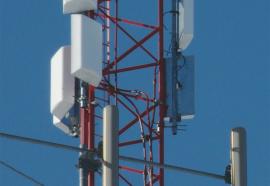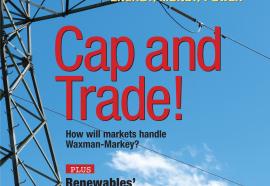Smart Grid: A Customer Challenge
Consumers hold the key to technology’s benefits.
The utility industry tends to think about smart-grid development as a technical challenge. However, smart-grid technology will fall short of its promise if utilities don’t obtain buy-in from customers. Successful utilities will actively engage customers at every stage of implementation, customizing their approach to the sensitivities and opportunities in each customer segment.











